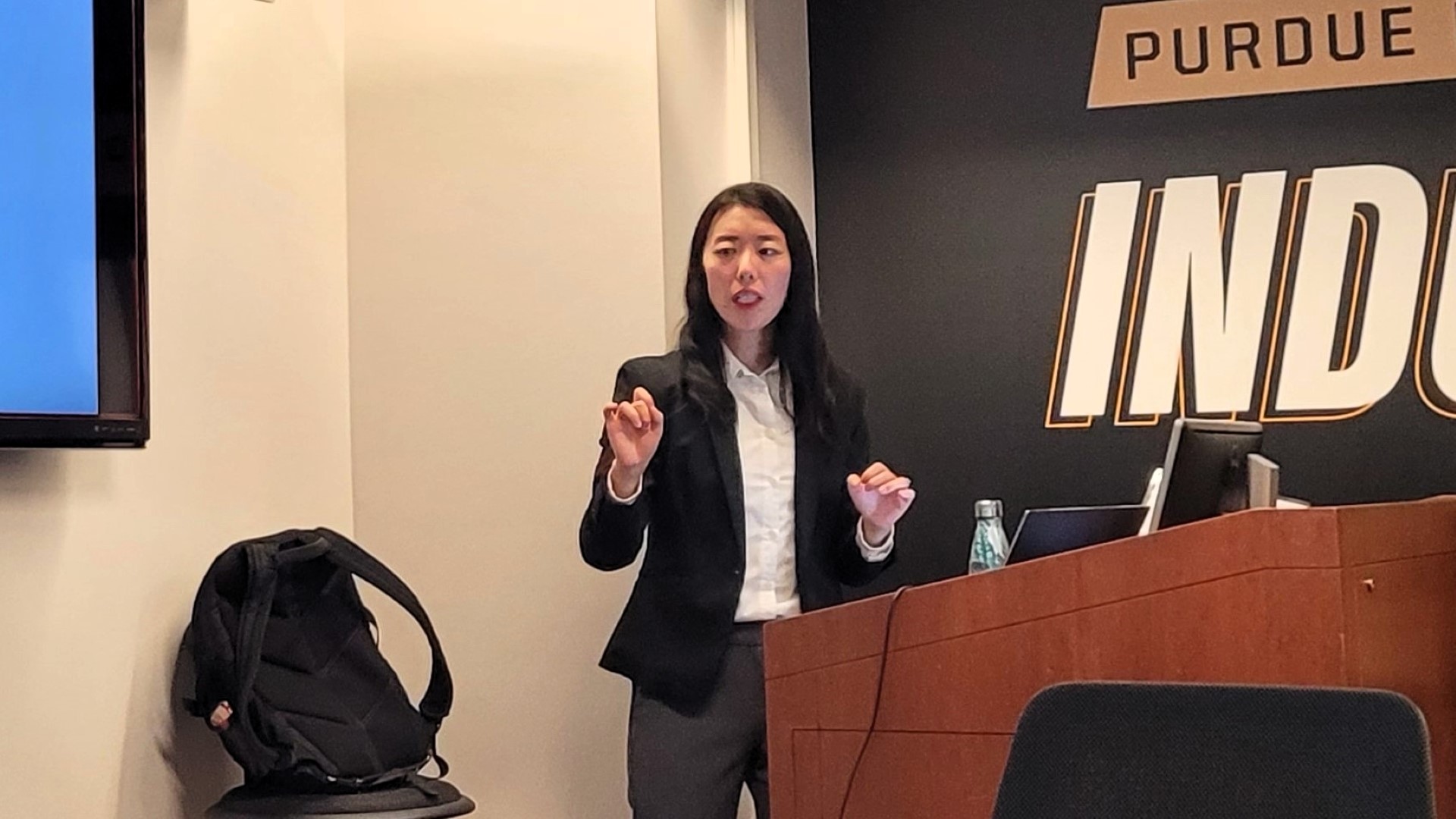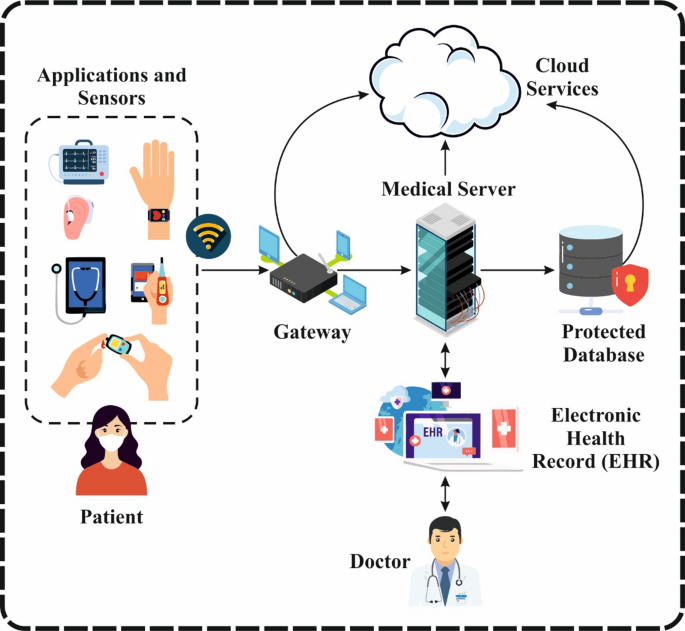Zuckerberg's AI Hires and Immigration Debate

America's leadership in artificial intelligence is significantly propelled by the contributions of immigrants, a trend deeply rooted in the nation's history of leveraging global talent. This pivotal role is unmistakably highlighted by Meta's new Superintelligence Lab, which has recruited 11 top AI researchers, all of whom are immigrants. These elite engineers, model architects, and machine learning pioneers, none of whom are US undergraduates, commenced their academic journeys in countries such as India, China, South Africa, the UK, and Australia. After refining their skills in leading American laboratories and contributing to advanced AI systems at institutions like OpenAI, DeepMind, and Anthropic, they have now been enlisted by Meta to spearhead the next frontier of AI development. This underscores that the true essence of America's AI dominance lies not merely in hardware or benchmarks, but in the diverse global minds behind the code.
Immigrants have historically served as the vital force behind Silicon Valley's unparalleled growth, forming the foundational backbone of major tech enterprises from Google to Microsoft. A substantial portion of this engineering talent originates from India, whose robust talent pipeline has become indispensable to the innovation engine of the U.S. tech sector. These individuals do not just occupy roles; they actively shape the strategic direction of the industry. As AI emerges as the next transformative technological frontier, these same brilliant minds are now instrumental in developing the models, algorithms, and crucial safety protocols that will define its future. Meta's new superintelligence team stands as definitive proof that without a continued embrace of immigration, a genuine AI revolution in the United States would be unattainable.
The distinguished individuals forming Meta's new superintelligence team bring a wealth of expertise and groundbreaking achievements:
Trapit Bansal: Formerly with OpenAI, Bansal holds a BS from IIT Kanpur, India, and a PhD from the University of Massachusetts Amherst, USA. He is celebrated for his pioneering work in reinforcement learning applied to chain-of-thought reasoning, a technique that enhances AI models' logical problem-solving. As a co-creator of the o-series models, his research has established new benchmarks for large language model performance and reliability, influencing both academic and industrial AI systems.
Shuchao Bi: Also from OpenAI, Bi earned a BS from Zhejiang University, China, and a PhD from the University of California, Berkeley, USA. He is a leader in multimodal AI, having co-developed the voice mode for GPT-4o and the o4-mini model. His specialization in integrating speech and text enables AI to comprehend and generate content across various formats, significantly advancing conversational AI and making digital assistants more intuitive and accessible.
Huiwen Chang: Previously at Google Research, Chang received a BS from Tsinghua University, China, and a PhD from Princeton University, USA. She is recognized for inventing the MaskIT and Muse architectures, fundamental to generative image models. She led the GPT-4o image generation team, driving innovations that empower AI to create high-quality, realistic images from text prompts, thereby bridging computer vision and creative AI applications.
Ji Lin: Another alumnus of OpenAI, Lin holds a BEng from Tsinghua University, China, and a PhD from Massachusetts Institute of Technology (MIT), USA. He has been instrumental in optimizing and scaling large language models, including GPT-4o and the o4 family. His work focuses on model efficiency and image generation, making state-of-the-art AI more accessible and cost-effective for real-world deployment, earning him high regard in both academia and industry.
Joel Pobar: With a background at Anthropic and Meta, Pobar earned a Bachelor of Information Technology (Honours) from Queensland University of Technology (QUT), Australia. He is an experienced infrastructure specialist with over a decade of experience building scalable AI systems, contributing to major projects like HHVM, Hack, and PyTorch. Pobar’s expertise ensures that AI models operate efficiently at scale, facilitating rapid innovation and deployment.
Jack Rae: From Google DeepMind, Rae has a BS from the University of Bristol, UK, an MS from Carnegie Mellon University (CMU), USA, and a PhD from University College London (UCL), UK. He is a leading figure in large-scale language model research, having led pre-training for Gemini 2.5 and developed Google’s Gopher and Chinchilla models. His work has deepened the understanding of model scaling laws and data efficiency, critically shaping the next generation of AI systems.
Hongyu Ren: Previously at OpenAI, Ren obtained a BS from Peking University, China, and a PhD from Stanford University, USA. He has contributed to the development and post-training of GPT-4o and the o1/3/4o-mini models, with a focus on enhancing robustness and reliability. His research addresses key challenges in making AI models safer and more trustworthy for widespread adoption.
Johan Schalkwyk: Formerly with Google, Schalkwyk holds a BS in Engineering from the University of Pretoria, South Africa. He is a Google Fellow and a pioneer in speech recognition, having led the Maya team and contributed to the early development of Google’s Sesame project. His innovations have established industry standards in voice technology, powering products utilized by millions globally.
Pei Sun: From Google DeepMind, Sun earned a BS from Tsinghua University, China, and an MS from Carnegie Mellon University (CMU), USA. He specializes in post-training and reasoning for advanced AI models, including Gemini, and has developed perception systems for Waymo’s self-driving cars. His work effectively bridges AI research with real-world applications, particularly in autonomous systems and robotics.
Jiahuai Yu: With experience at OpenAI and Gemini, Yu received a BS from the University of Science and Technology of China (USTC), China, and a PhD from the University of Illinois Urbana-Champaign (UIUC), USA. He has made significant contributions to perception and multimodal AI, working on o3/4o-mini and GPT-4/4o. His research empowers AI to interpret and generate information across text, images, and other modalities, expanding the possibilities of human-AI interaction.
Shengjia Zhao: Previously at OpenAI, Zhao holds a BS from Tsinghua University, China, and a PhD from Stanford University, USA. He is a co-creator of ChatGPT, GPT-4, and o4-mini, and has led research on data synthesis and AI safety. His work has directly influenced the reliability and ethical deployment of generative AI, establishing him as a respected voice in the field.












